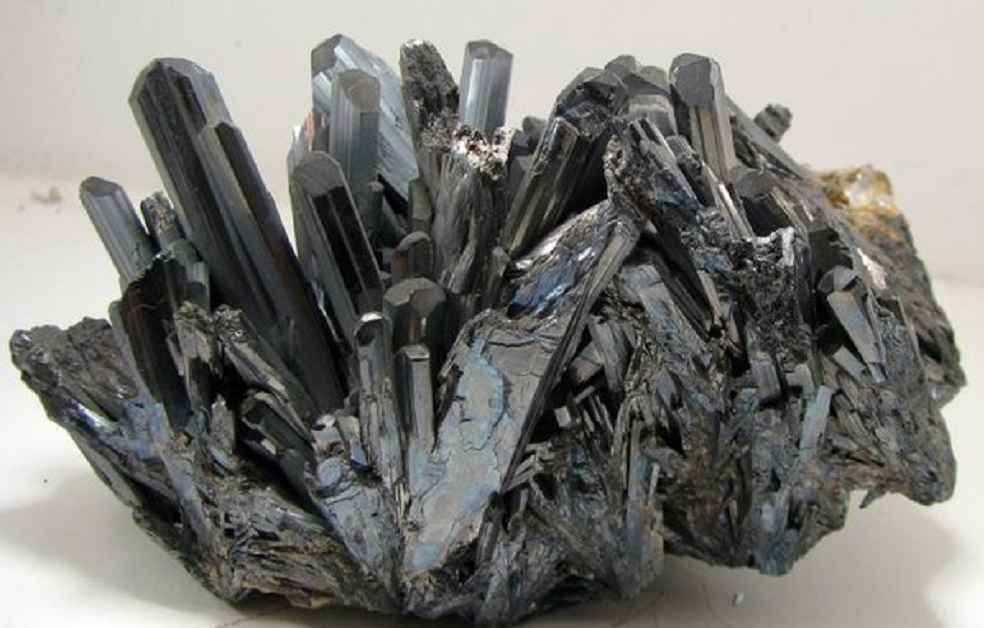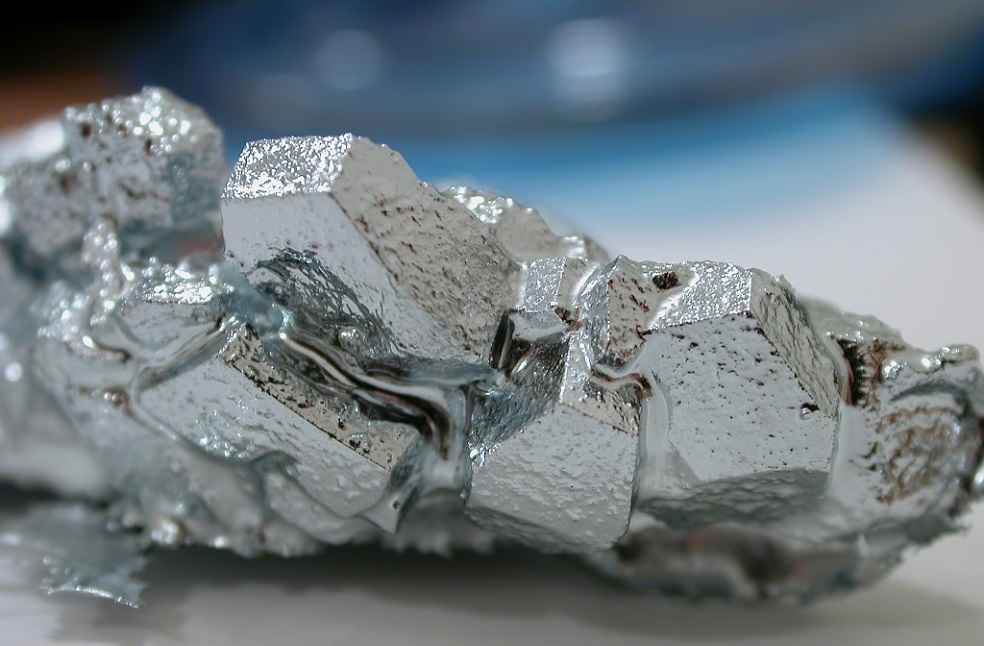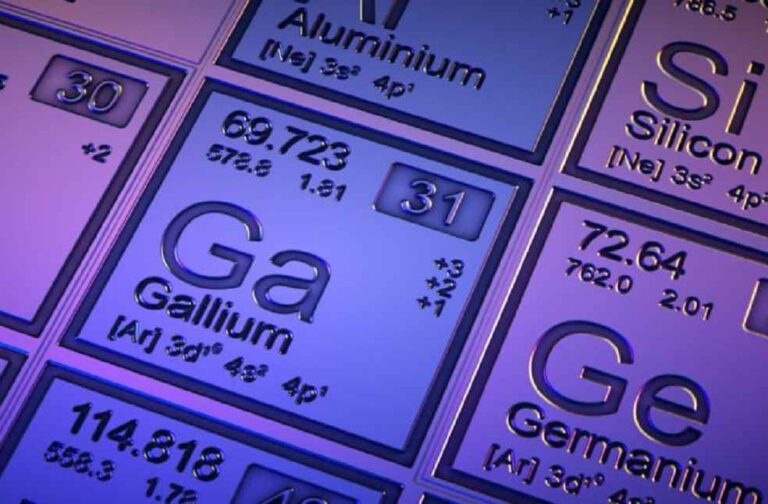China announced on Tuesday a ban on key rare mineral export to the United States, a move seen as a direct response to new U.S. export controls targeting China’s chip industry. The Chinese Commerce Ministry stated that gallium, germanium, and antimony—essential materials for advanced technologies and military applications—will now face export restrictions.
The decision marks an escalation in the ongoing technological rivalry between the two superpowers. It follows the Biden administration’s announcement on Monday of stringent export controls on chip manufacturing equipment and software, aimed at curbing China’s ability to produce advanced semiconductors.
Critical Materials in Focus
China’s dominance in the production of these minerals amplifies the global impact of the ban:
- Gallium and Germanium: Crucial for semiconductor chips, solar panels, automotive applications, and communication devices.
- Antimony: Used in flame retardants, lead-acid batteries, night vision goggles, and nuclear weapons.

Additionally, China plans to impose stricter reviews on the export of graphite, a critical component in electric vehicle (EV) batteries, as reported by The New York Times. The move adds to existing export restrictions that China has implemented over recent years.
China’s export restrictions highlight its pivotal role in the supply chain for critical minerals. These materials are essential for the U.S. and other countries to advance their semiconductor, EV, and defense industries.
The U.S. Commerce and State Departments have yet to comment on the latest measures. Meanwhile, President Biden has emphasized bolstering domestic production of semiconductors and critical minerals as part of his national security agenda. The administration aims to reduce reliance on China for essential technologies, framing supply chain resilience as vital to economic and strategic security.

Chinese officials have framed their actions similarly, citing national security concerns. Foreign Ministry spokesperson Lin Jian criticized the U.S. for “overstretching the concept of national security” and warned of “resolute measures” to protect Chinese industries and interests.
The tit-for-tat measures underscore the intensifying race for technological supremacy. Both nations are ramping up efforts to secure and control the resources and innovations that underpin advanced technologies, from artificial intelligence to renewable energy solutions. China’s export ban is expected to disrupt global supply chains, particularly for industries heavily reliant on its rare mineral exports.
ENERGY INDUSTRY | India Eliminates Windfall Tax on Oil Exports as Global Prices Continue to Drop



